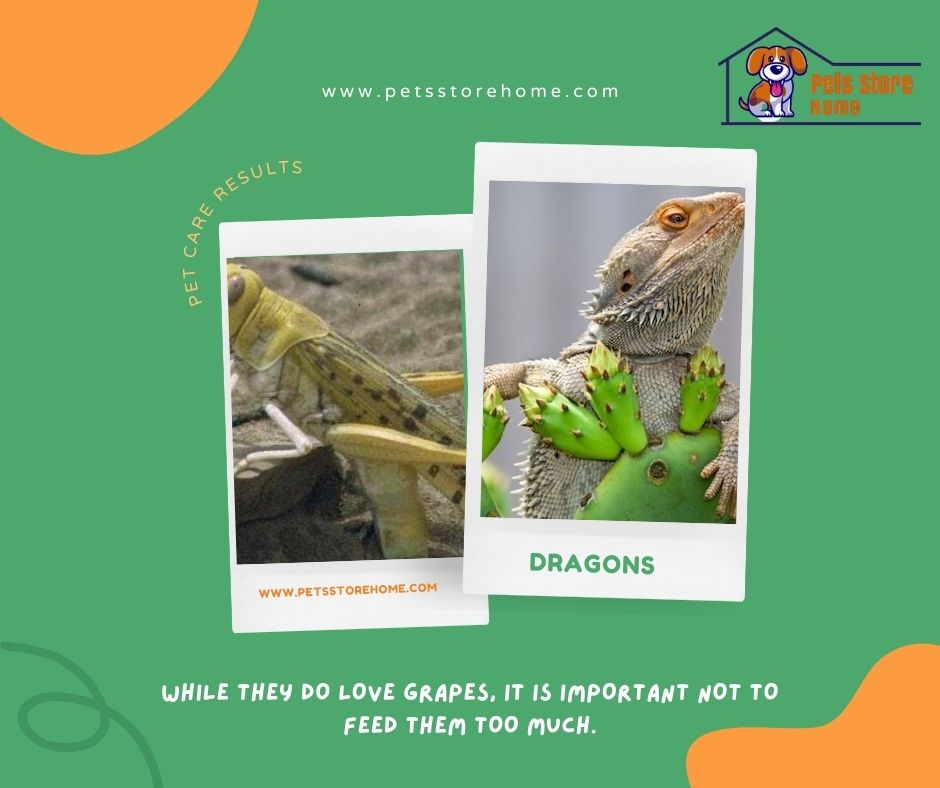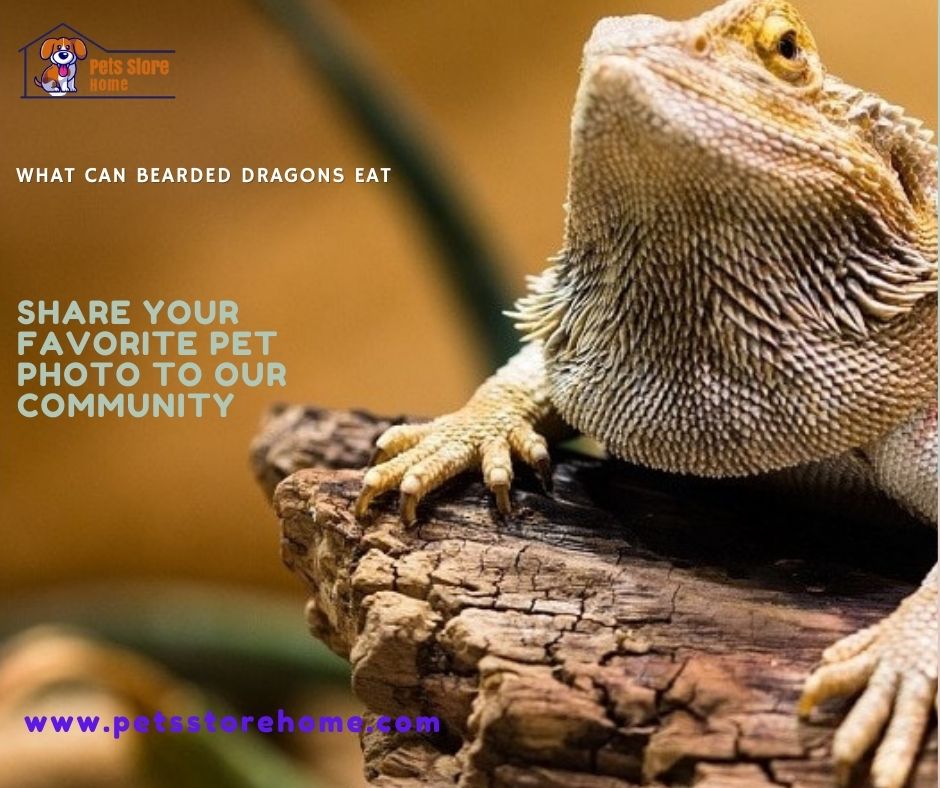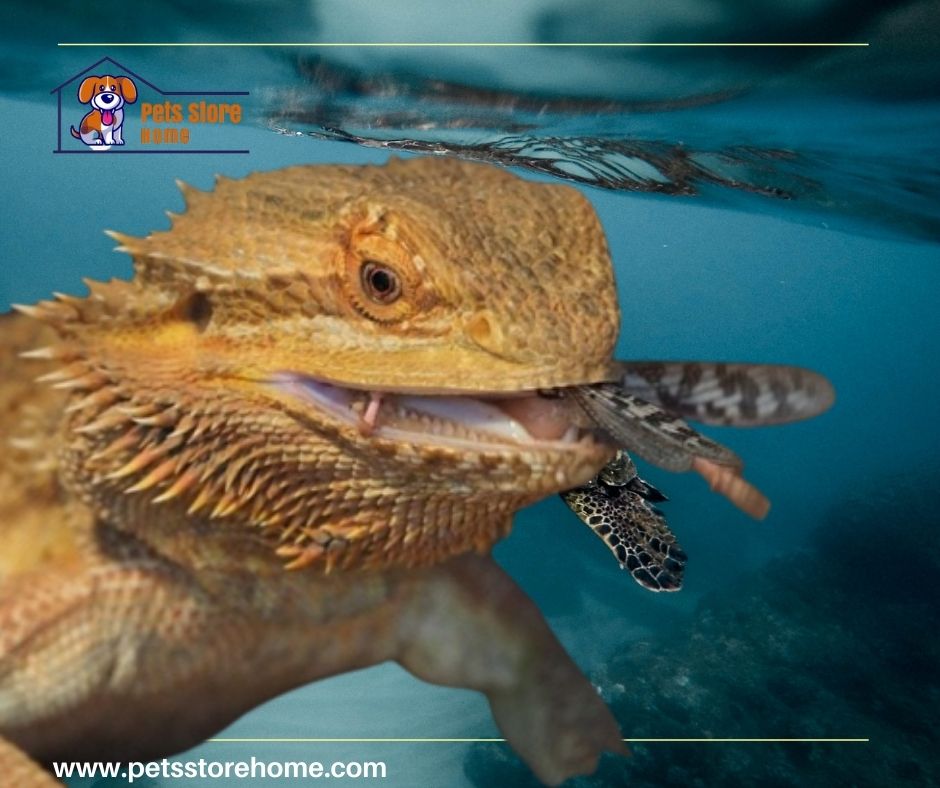
How Much is a Hedgehog Pet? Summary of Total Cost & Ongoing Care and Expenses
How Much is a Hedgehog Pet?
Hedgehogs can make great pets for the right person, but not everyone is cut out for the responsibilities of owning a hedgehog. For those who are interested in bringing a hedgehog into their home, adoption can be a great option. There are many reasons why people choose to adopt hedgehogs rather than purchase them from breeders or pet stores.
Hedgehog adoption is a process by which a person or family takes in a hedgehog that is in need of a new home. This may be due to the previous owner being unable to care for the hedgehog or needing to surrender it for other reasons. Adopting a hedgehog can be a great way to give a loving home to an animal in need and can also be a more affordable option than purchasing a hedgehog from a breeder.
When adopting a hedgehog, it’s important to find a reputable rescue organization or shelter that specializes in hedgehog adoption. These organizations typically provide care for hedgehogs that have been surrendered or abandoned, and work to find them new homes with loving families. They may also provide education and resources for new hedgehog owners to ensure they have the knowledge and tools needed to provide the best possible care for their new pet.
Potential adopters should carefully consider their lifestyle, living situation, and ability to provide for the hedgehog’s needs before committing to adoption. It’s also important to research hedgehogs and their care requirements to ensure that adoption is the right choice.

Summary of Total Cost of Owning a Hedgehog
Many elements, including as the price of initial setup and recurring costs, might affect the overall cost of having a hedgehog. Here is a summary of some of the potential costs involved in owning a hedgehog:
- Hedgehog habitat or cage: $100-$500+
- Food: $10-$20/month
- Veterinary care: $50-$200/year (or more, if the hedgehog becomes ill or injured)
- Bedding: $10-$20/month
- Toys and accessories: $20-$50 (or more, depending on how much you choose to spend)
- Grooming supplies: $10-$20 (or more, depending on your preferences)
- Heating and lighting: $20-$50/month
These costs can add up quickly, and potential hedgehog owners should budget for both the initial setup costs and ongoing expenses to ensure they are able to provide for their pet’s needs. It’s crucial to keep in mind that caring for a hedgehog requires ongoing expenses for the duration of the animal’s life.
Some other potential costs to consider when owning a hedgehog include the following:
-
Travel expenses: If you need to travel with your hedgehog, you may need to purchase a carrier or travel cage, which can cost anywhere from $20-$100 or more. You may also need to pay for pet-friendly accommodations or transportation.
-
Special needs: Some hedgehogs may have special needs or medical conditions that require additional care or supplies, which can increase the cost of ownership.
-
Emergency expenses: In the event of a medical emergency, you may need to pay for emergency veterinary care, which can be expensive.
-
Adoption fees: If you adopt a hedgehog from a rescue organization or breeder, you may need to pay an adoption fee, which can vary depending on the organization or individual.
By budgeting for these expenses and planning ahead, you can ensure that you are able to provide the best possible care for your hedgehog and enjoy the unique and rewarding experience of owning one of these fascinating pets.
Ongoing Care and Expenses for Owning a Hedgehog
Owning a hedgehog can be a rewarding experience, but it also requires ongoing care and expenses to ensure their health and well-being. Here are some of the key things to consider when it comes to caring for a hedgehog:
-
Housing: Hedgehogs require a specific type of housing that provides adequate space, warmth, and ventilation. They also need a hideaway or shelter to feel secure, as well as an exercise wheel to stay active. A quality hedgehog habitat can cost several hundred dollars.
-
Food: Hedgehogs need a balanced diet that includes high-quality dry cat food, live insects, and fresh fruits and vegetables. The cost of food will depend on the type and quality of food you choose to feed your hedgehog.
-
Veterinary care: Hedgehogs require regular check-ups with an exotic animal veterinarian who is knowledgeable about their specific care requirements. They may also require additional veterinary care if they become ill or injured. Vet visits and treatments can be expensive.
-
Bedding: Hedgehogs need a soft and absorbent bedding material, such as recycled paper or fleece liners. Bedding should be changed regularly to maintain a clean and healthy environment.
-
Toys and accessories: Hedgehogs need mental stimulation and enrichment, which can be provided through toys and accessories such as tunnels, balls, and puzzles. These items can add up in cost.
-
Grooming: Hedgehogs require regular nail trims and occasional baths to stay clean and healthy. Supplies such as nail clippers, shampoo, and a toothbrush can add up in cost.
-
Heating and lighting: Hedgehogs need a warm and well-lit environment to thrive. Heating lamps and lighting fixtures may be necessary, and the cost of electricity should be factored into the ongoing expenses of ownership.
Overall, the ongoing expenses of owning a hedgehog can vary depending on the individual needs of the hedgehog and the owner’s personal preferences. However, it’s important to budget for these ongoing expenses to ensure that the hedgehog is well-cared for and to avoid unexpected costs.
In addition to the ongoing expenses of owning a hedgehog, there are some other important considerations to keep in mind:
-
Time commitment: Hedgehogs require daily care and attention, including feeding, cleaning, and socialization. They may be more active at night when their owners are sleeping because they are nocturnal animals. Think on whether potential owners have the time and resources to devote to caring for a hedgehog.
-
Socialization: Hedgehogs can be shy or defensive, and may need time and patience to become comfortable with their owners. It’s important to handle and interact with a hedgehog regularly to build trust and promote socialization.
-
Health risks: Hedgehogs can carry bacteria such as Salmonella, which can be transmitted to humans. It’s important to practice good hygiene and handle hedgehogs safely to avoid potential health risks.
-
Lifespan: Hedgehogs can live up to 6 years or more with proper care, which is a significant commitment. Prospective owners should think about their ability to devote to and care for a hedgehog over the long run.
Overall, owning a hedgehog can be a rewarding experience for those who are prepared for the responsibilities and expenses involved. It’s important to research and consider all aspects of hedgehog care before committing to ownership, and to provide the best possible care for these unique and fascinating pets.
Choosing the right hedgehog
Choosing the right hedgehog can be important in ensuring a successful and rewarding ownership experience. Here are some factors to consider when choosing a hedgehog:
-
Age: Hedgehogs are typically sold as babies or young adults. While baby hedgehogs may be cute and appealing, they may require more socialization and patience to become comfortable with their owners. Older hedgehogs may already be more socialized and easier to handle.
-
Temperament: Hedgehogs can vary in temperament, and it’s important to choose a hedgehog that is friendly and comfortable with handling. Spend time with the hedgehog before making a decision, and observe its behavior and level of comfort with human interaction.
-
Health: Choose a hedgehog that appears healthy and active, with clear eyes, clean ears, and healthy skin and fur. Avoid hedgehogs that show signs of illness, such as lethargy, poor appetite, or respiratory problems.
-
Breeder or rescue organization: Consider the source of the hedgehog when making a decision. A reputable breeder or rescue organization can provide guidance and support and information on the hedgehog’s background and temperament.
-
Gender: Hedgehogs can be male or female, and each gender may have different personality traits and behaviors. Consider your own preferences and experience with pet ownership when choosing a gender.
Overall, taking the time to research and choose the right hedgehog can help ensure a successful and rewarding ownership experience. Consider your lifestyle and preferences, as well as the needs and temperament of the hedgehog, to make an informed decision.
Here are some additional factors to consider when choosing a hedgehog:
-
Diet: Hedgehogs require a specific diet that includes a high-quality commercial hedgehog food, as well as occasional treats such as insects or fruits. Some hedgehogs may be picky eaters or have specific dietary needs, so it’s important to choose a hedgehog that has a healthy appetite and is willing to eat a variety of foods.
-
Activity level: Hedgehogs are generally nocturnal and can be quite active at night. Consider your own sleep habits and whether a noisy or active hedgehog may be disruptive to your household.
-
Space requirements: Hedgehogs require a suitable habitat or cage that is large enough to provide space for exercise and activity. Consider whether you have enough space in your home for a hedgehog cage, as well as any additional equipment or accessories.
-
Time commitment: Hedgehogs require daily care and attention, including feeding, cleaning, and socialization. Consider whether you have enough time to devote to caring for a hedgehog and providing the necessary attention and interaction.
-
Legal requirements: Hedgehogs may be illegal or restricted in some areas, so it’s important to research local laws and regulations before bringing a hedgehog into your home.
By considering these factors and researching hedgehog ownership, you can make an informed decision and choose a hedgehog that is well-suited to your lifestyle and preferences. Remember that owning a hedgehog is a long-term commitment, and it’s important to provide proper care and attention to ensure a happy and healthy life for your pet.
What Size Cage Is Needed?
The size of the cage needed for a hedgehog depends on the size of the hedgehog and its activity level. A suitable cage should be large enough to allow the hedgehog to move around comfortably and engage in natural behaviors like running and burrowing.
The minimum size for a hedgehog cage is about 2 feet long by 1.5 feet wide and at least 1.5 feet tall. However, larger cages are generally better, and many hedgehog owners recommend a minimum size of 4 feet by 2 feet for a single hedgehog. A multi-level cage can also provide additional space and opportunities for exercise and play.
The cage should be made of sturdy materials, such as wire mesh or plastic, and should be escape-proof to prevent the hedgehog from getting out. The cage should also be well-ventilated and kept in a cool, dry area away from direct sunlight and drafts.
In addition to the cage itself, hedgehogs require additional equipment and accessories, such as a hiding place or shelter, a litter box, and an exercise wheel. These items should also be appropriately sized for the hedgehog and provide ample space for movement and activity.
Overall, providing a suitable cage and environment is an important part of hedgehog ownership and can contribute to your pet’s health, happiness, and well-being.
Are Hedgehogs Good Pets for Kids or Toddlers?
While hedgehogs can make good pets, they may not be the best choice for young children or toddlers. Hedgehogs have specific needs and require careful handling to avoid injury or stress. Young children may not understand how to handle a hedgehog gently or may accidentally drop or mishandle the hedgehog, which can cause injury or harm to both the hedgehog and the child.
Hedgehogs are also nocturnal animals and may be active and noisy at night, which can be disruptive to a child’s sleep or routine. Additionally, hedgehogs have quills that can poke or scratch, which can be painful for young children.
If you are considering a hedgehog as a pet for your child, it’s important to carefully consider the age and maturity level of your child, as well as their ability to understand and follow safety guidelines for handling and caring for a hedgehog. Close supervision and guidance are necessary to ensure the safety and well-being of both the hedgehog and your child.
Overall, while hedgehogs can make good pets, they may not be the best choice for young children or toddlers, and it’s important to carefully consider all factors before bringing a hedgehog into your family.
Conclusion
In conclusion, owning a hedgehog can be a rewarding and enjoyable experience for both children and adults. However, it’s important to carefully consider the ongoing care and expenses associated with hedgehog ownership, as well as the potential challenges and drawbacks. Choosing the right hedgehog and providing a suitable cage and environment are also crucial factors in ensuring a successful and fulfilling ownership experience.





























[…] Which foreign pets are legal in Washington State? […]